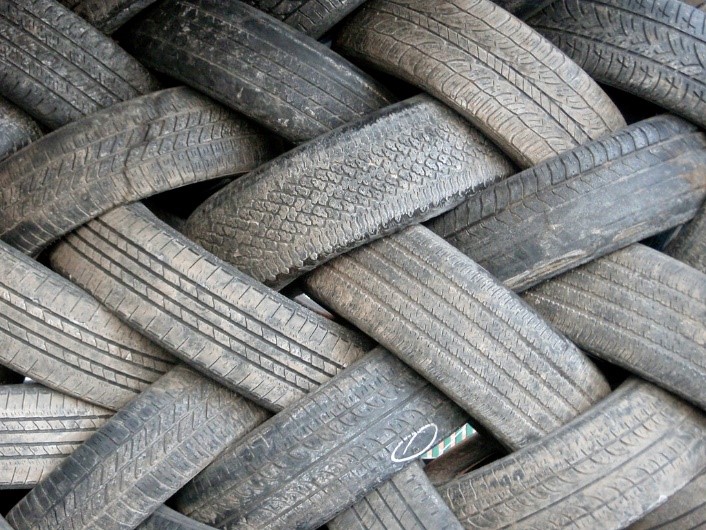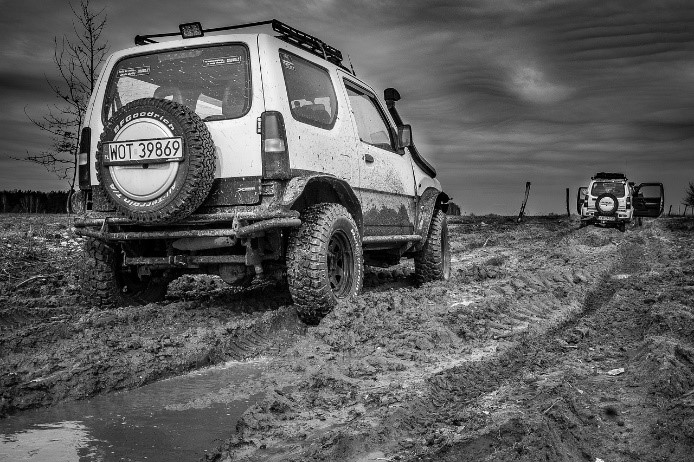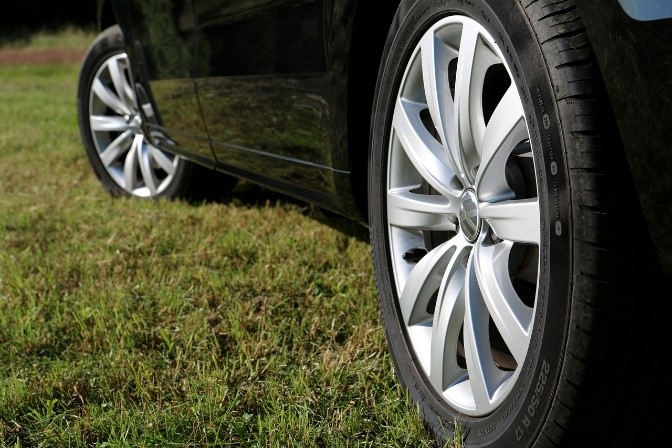Once upon a time, the market had a straightforward approach for tire selection. Today, you have a plethora of options from different companies. Modern technology and the availability of countless companies have stirred up a competitive process for buying tires. If you need new tires, the essential question to ask yourself is, what kind of tires do I need?
The type of tire you have will drastically influence your vehicle’s ability to perform on specific terrains. While there are all-terrain or all-season tires, you wouldn’t know what kind of tire you need unless you explore the options.

Credit: Mykl Roventine
Understand Your Requirements
It all starts with you and the kind of driver you are. Some drivers like better control and stability, while others favor speed and thrill. What are your priorities when you’re looking for a tire? It could be something as necessary as the budget and quality of the tires.
The type of vehicle you own should also be part of the consideration. There is limited compatibility with the kind of tires a vehicle can support. For example, you can’t expect minivans to have high-performance tires for speed, as they are designed for comfort during travel. Alternatively, a SUV would have a great range of off-roading tires.

Consider the Roads
It all breaks down to the type of trail you’re going to drive on. Is it a pavement road, perhaps the highway? Maybe you plan on using your vehicle for off-roading most of the time. Understand the roads you will drive on and the purpose of each tire. Where you plan to drive will heavily influence the size of your tire. Small size is generally better for highway and pavement roads. Similarly, larger size tires are more for off-roading.
That’s not all. You will find mud-tires that offer performance on wet and muddy roads and a more substantial choice for rocky and heavy-duty driving.

Season and Climate Requirements
You need to consider the climate area you plan to drive the vehicle. More importantly, seasonal changes impact the type of tire and may require a seasonal swap. There are tires available according to seasons. Winter tires are great for freezing temperatures, while summer tires are excellent for hot climates. There are all-season tires available in the market that will work year-round. However, you can’t expect them to excel in either type of season specifically. They are intended for user convenience and to save bucks on investing in different sets of tires.
Unique Quality of the Tires
There are different types of tires available that offer unique features or quality. For example, there are mud & snow tires that work great in those types of terrain. Similarly, there are run-flat tires that will provide you performance even after the tire has run flat. They will travel for an additional 50-70 miles before giving out on the road or trail. There are low-profile tires that are designed for better control but wear out faster.
While all-season tires offer balanced performance for different trails and seasons, performance-all-season tires tweak up the performance factor. However, the more robust the tire’s specialty is, the more costly it is bound to be. So make sure that you understand this.

It All Comes Down To Size
After you’ve pondered through all of the previous requirements, it will all break down to the size of the tire your vehicle allows. Each car has a specific size requirement. You can move above that and get a larger tire, or below it for smaller tires. However, for that, you’d have to consider a professional. It is a wise choice to confine yourself to the size your vehicle supports.
Remember that you might need extra upgrades if you go beyond the recommendation for the vehicle’s tire size. For example, if you buy larger than suggested tires, you will likely need to recalibrate the speedometer and reinforce the axle to withstand the heavier toll.
One more thing, you can’t have a vehicle with different tire sizes. That won’t work in sync and end up taking a heavy toll on your car.
Author Mark Armstrong is a 25-year-old blogger and automotive researcher. He shares his content at AutoNerdy and writes automotive reviews and guidelines.
Editor’s Note: The opinions expressed in this article are those of the author.







